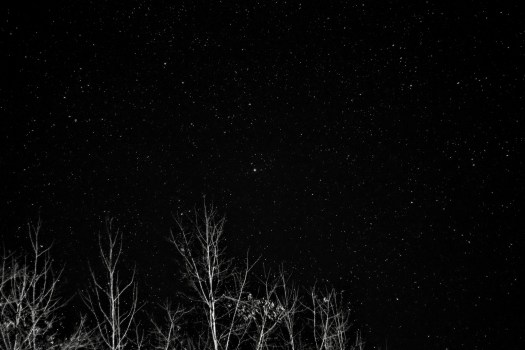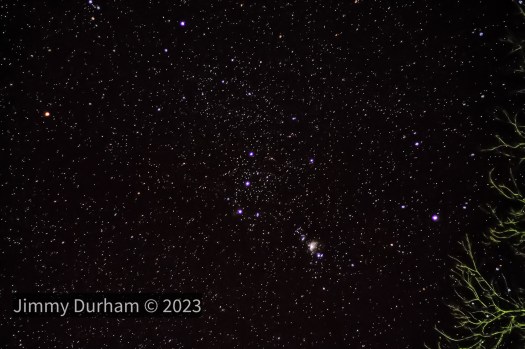See the sky light up in Oxford: The Perseid Meteor shower spectacle
Published 3:02 pm Friday, August 4, 2023
Epic light show incoming to Oxford via the Perseids Peak this August
The Perseid Meteor Shower, one of the most awaited astronomical events of the year, will reach its peak in the early morning hours of Aug. 13. Observers can expect up to 100 meteors per hour, especially in dark, rural areas away from city lights.
Perseid Most Active Meteor Shower of the Year
The Perseids occur as Earth passes through the debris trail left behind by Comet Swift-Tuttle. This comet last made a close approach to Earth in 1992, leaving behind a trail of debris spread out along its orbit. As Earth passes through this debris field, the meteors heat up and vaporize upon entering our atmosphere, creating streaks of light across the sky.
The Perseids are most visible in the Northern Hemisphere, with peak viewing times after midnight, local time. The radiant or point in the sky from which the meteors seem to originate, is in the constellation Perseus, found in the northeastern sky.
To view the Perseids, seek out a dark location away from city lights and lie down on your back on a blanket or lawn chair. After allowing your eyes to adjust to the darkness, you should be able to see the meteors streaking across the sky.
With a bit of luck, you might even spot a “fireball;” a very bright meteor that leaves a long, colorful trail.
The Perseids offer an excellent opportunity to appreciate the beauty of the night sky and learn about our solar system. So, if you are looking for a fun and educational activity this August, do not miss the Perseid meteor shower.
The following are some tips for viewing the Perseids:
- Find a dark location away from city lights.
- Lie down on your back on a blanket or lawn chair.
- Allow your eyes about 30 minutes to adjust to the darkness.
- Look up at the northeastern sky.
- Be patient and enjoy the show!
The Perseids get their name from the constellation Perseus, from which the meteors seem to originate. Viewing the Perseids offers a fantastic opportunity to appreciate the beauty of the night sky and learn about our solar system.
The Perseids are active from July 17 to Aug. 24, but the peak viewing time is Aug. 11-13. While skywatchers worldwide can see the Perseids, the best viewing conditions are in the Northern Hemisphere like here in Oxford.








